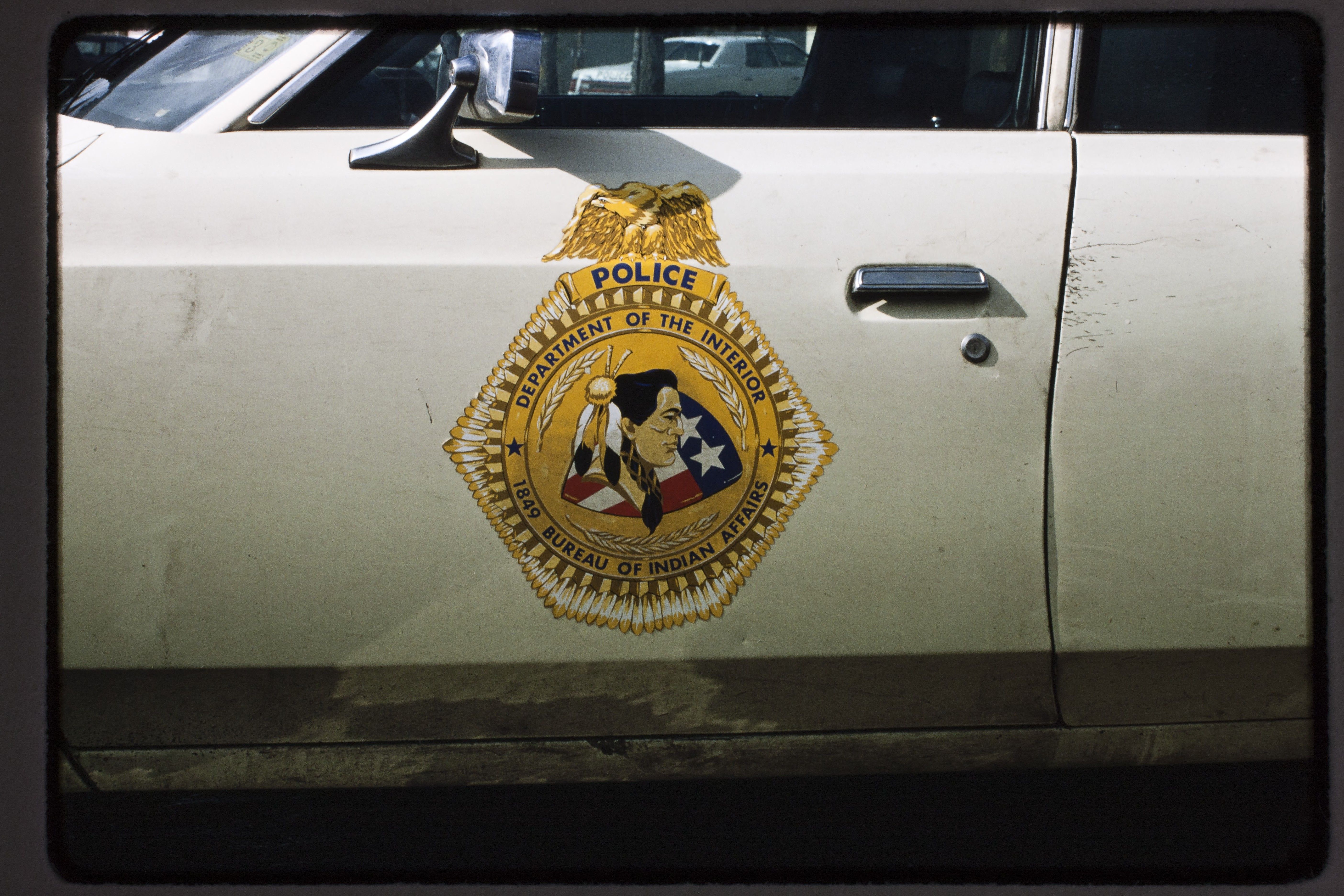Here are the materials in Martin v. Gorneau:

Prior post here.
This just seems absolutely lousy. What a Kafkaesque justice system.
Here are the materials in Martin v. Gorneau:

Prior post here.
This just seems absolutely lousy. What a Kafkaesque justice system.
Here are the materials in Martin v. Gorneau (D.N.D.):
66 Individual Defendants Motion to Dismiss
71 State Defendants Motion to Dismiss
78 Individual Defendants Reply
91 Individual Defendants Response

Here are the materials in Hogshooter v. Cherokee Nation (E.D. Okla.):

Here are the materials in Roeman v. United States (D.S.D.):

Here are the materials so far in Nally v. Graham (D. Kan.):
13 Motion for Preliminary Injunction
20 Motion to Dismiss Bivens Action
Briefs here.
Here are the materials in the case captioned In re Roberts Litigation (D. Mont.):
33 Federal Motion for Summary J
54 DCT Order Granting Federal Motion for Summary J
An excerpt:
In order for Roberts’ claim under Bivens to survive, the law must have been sufficiently clear to place a reasonable officer on notice that the Tribal Court acted in complete absence of jurisdiction in issuing the warrants, and that in carrying out the Tribal Court mandate to serve the warrants, reasonable officers would have known they were [8] engaging in an unlawful act, Existing law permits no such conclusions, notwithstanding Roberts’ contention that the law was clearly established that the Tribal Court lacked criminal jurisdiction over non-Indians under the authority of Oliphant v. Suquamish Indian Tribe, 435 U.S. 191, 98 S. Ct. 1011, 55 L. Ed. 2d 209 (1978) and that the officers had personal knowledge that Roberts was a non-Indian.
Roberts’ argument fails to take into account the Northern Cheyenne Tribal Court’s claim of capacity to exercise jurisdiction over non-Indians by consent. It is not necessary, however, for this Court to decide the question of whether a tribal court may exercise such jurisdiction. Rather, the issue is whether the law was so clearly established at the time of Roberts’ arrests that a reasonable officer would have known that the tribal court was wholly without jurisdiction and that he was engaging in a null and void act. Existing law is not sufficiently clear to warrant that conclusion. The jurisdictional issue remains.
The officers were presented with facially valid warrants, they were charged with the responsibility to execute the warrants, and they had a reasonable basis to believe in the validity of the warrants and in the lawfulness of their actions in executing the warrants. They are entitled to qualified immunity for the personal capacity claims brought against them under the Bivens doctrine.
Here is today’s order list.
The Court denied cert in Dupris v. Procter and Hicks v. Hudson Insurance.
Here is the petition in Dupris v. Proctor:
Questions presented:
1. Whether this Court should resolve a split among the circuit courts of appeal, created by the Ninth Circuit panel decision in this matter, as to whether federal agents have “discretion” to arrest an individual without probable cause, for purposes of sovereign immunity under the “discretionary function” doctrine of the Federal Tort Claims Act?
2. Whether this Court should resolve a split among the circuit courts of appeal as to whether a law enforcement officer’s pre-arrest consultation with a prosecutor, standing alone, entitles the officer to qualified immunity?
3. Given the federal agents’ testimony that there were not any “positive identifications” of Petitioners, contradictory to what the agents told the tribal prosecutor, whether this Court should remand pursuant to this Court’s recent holding in Tolan v. Cotton, — U.S. –, 134 S.Ct. 1861 (2014), to ensure that the Court of Appeals properly viewed all evidence in the light most favorable to the Petitioners?
Lower court materials here.
You must be logged in to post a comment.